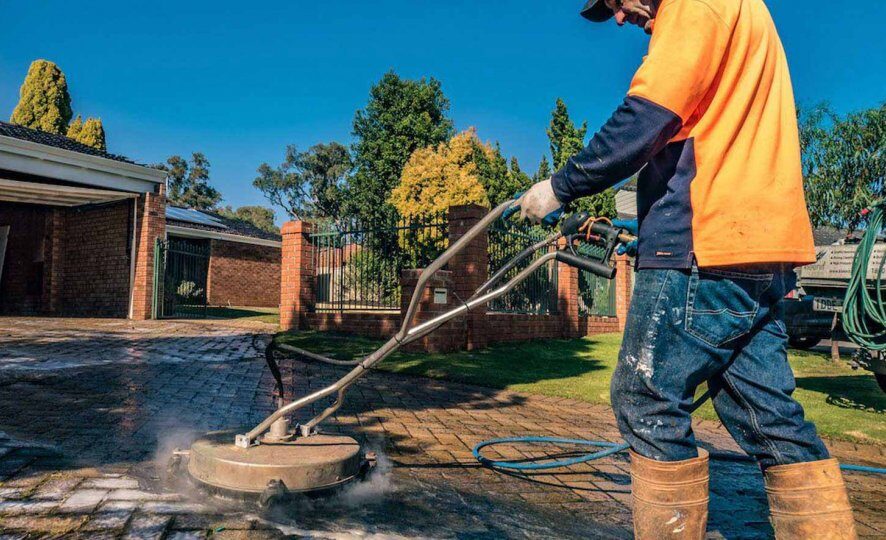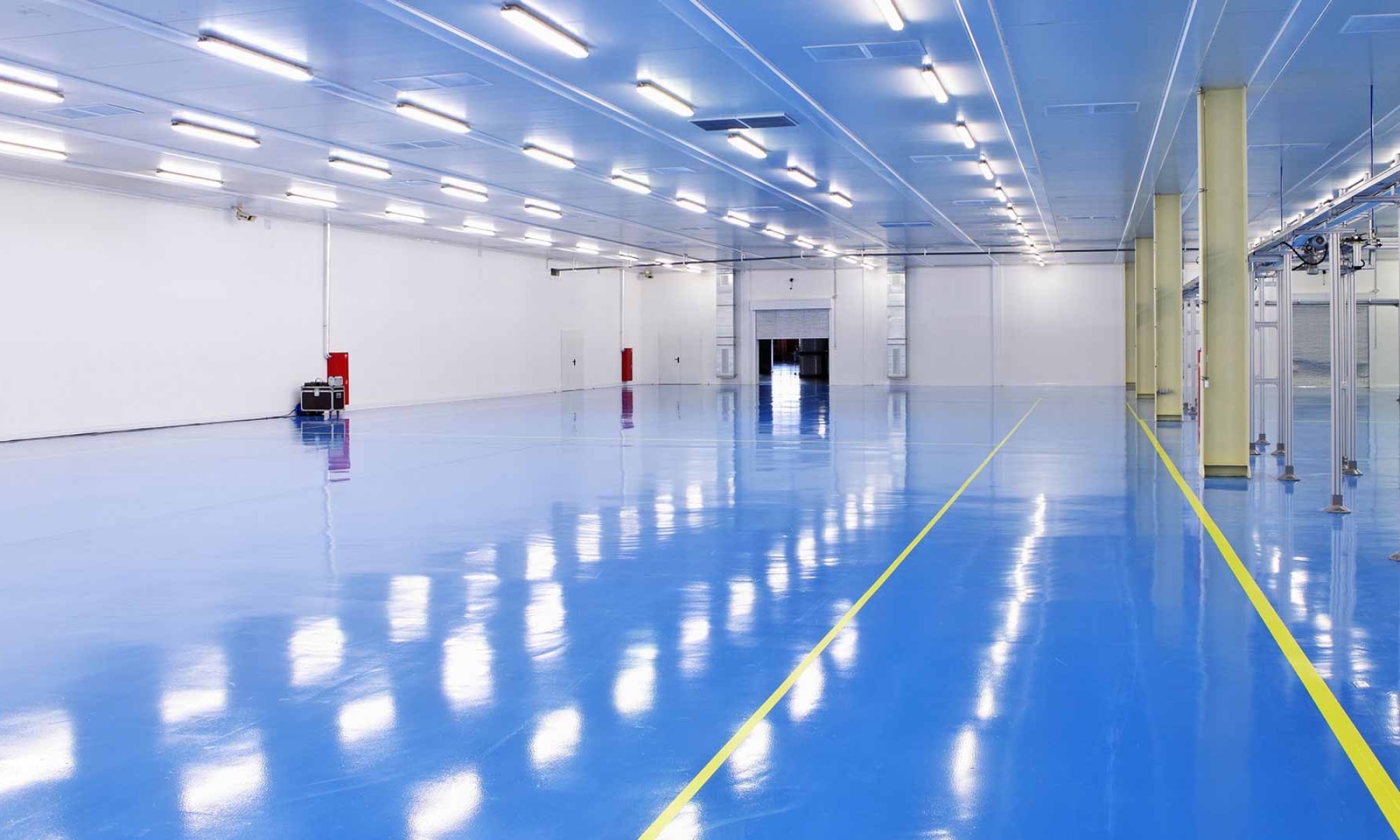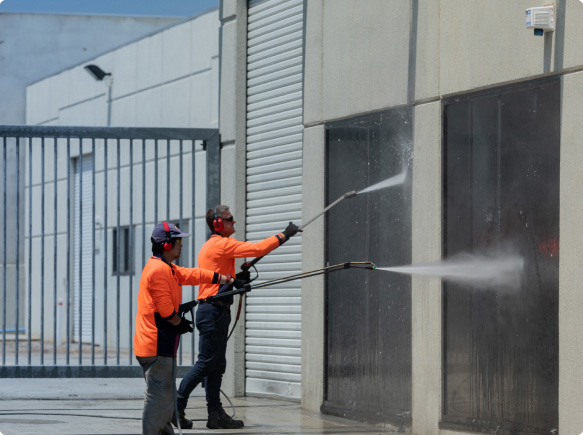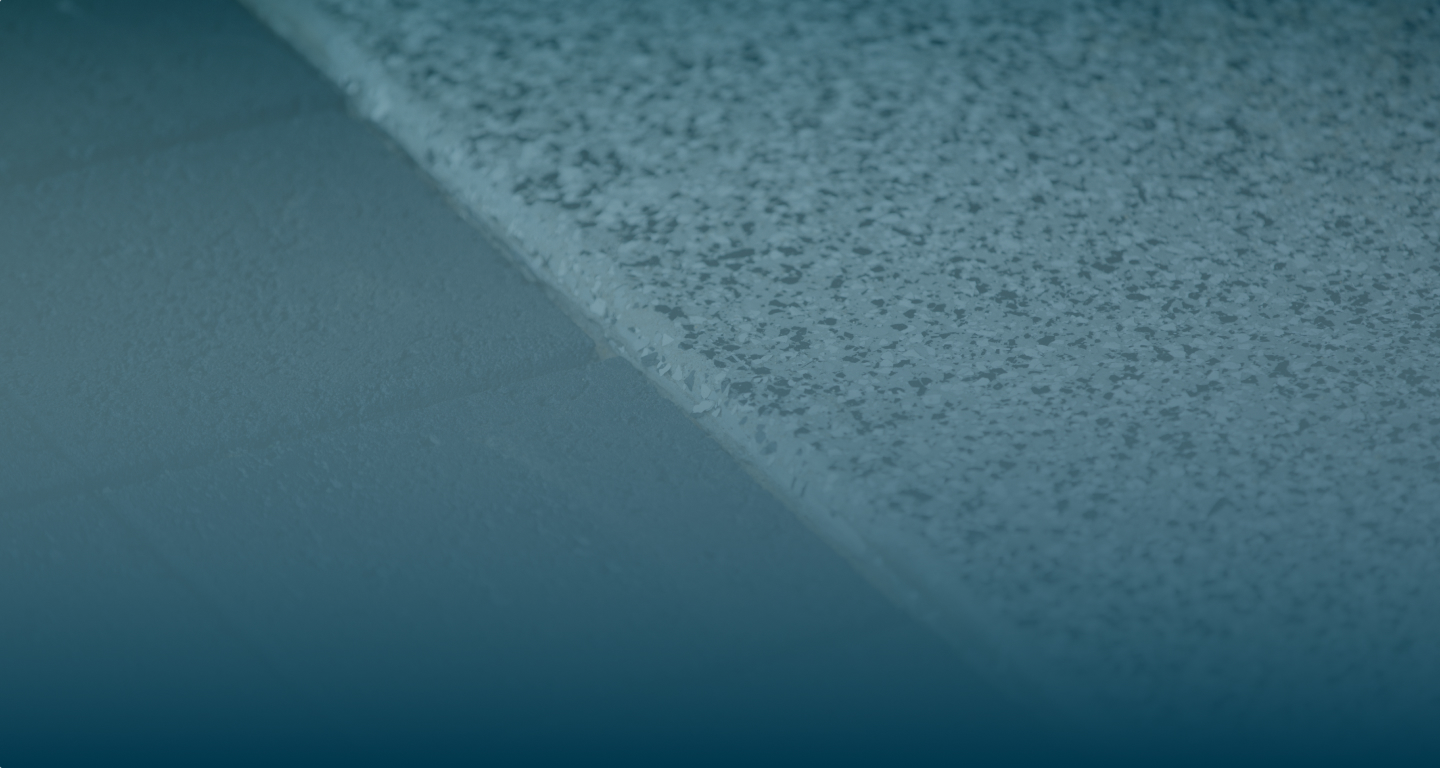While it’s the entryway to your property and the first thing you see when arriving home, paving brick driveways often don’t get the same love and attention as other areas of the home. You likely sweep the front porch and shake out the welcome mat every so often, but a damaged or dirty brick paver driveway can make any property look rundown. But there is a quick and inexpensive way to get your driveway looking golden again.
Professional high pressure cleaning at least once a year can help keep your home looking the best in the street – or hey, even the suburb. A simple touch-up makes a great first impression for guests and is a must before listing your home for sale.
Paver Cleaning: Removing Oil Stains
No matter how much you sweep with a broom or spray with a hose, engine oil spatter makes a brick driveway look darker or permanently wet. Oils at the surface also hold onto dust and dirt — stains may not be permanent, however. A professional pressure cleaner may be able to remove oily stains from your driveway or carport with hot water high-pressure cleaning.
Hydrocarbons like oil and petrol will penetrate deeper into most sealers over time, so it’s better to clean oil stains as soon as possible. If the oil stain has set into your pavers, we may need to use a caustic and surfactant to break down and remove the oil particles that’s seeped deep into the pores of the pavement. Following this, a re-sealing of the pavement is highly recommended.
And if you have a new driveway, prevention is always better than cure. To prevent restaining, consider driveway sealing; more on that below.
Paver Cleaning: Removing Moss, Lichen and Mould
The sooner you get rid of things growing in your driveway, the better. Lichen is a tough little bugger that holds on tight and spreads through spores, secreting acids to release minerals in stone to feed its growth (albeit in minuscule amounts). The best treatment we’ve found for lichen and mould is sodium hypochlorite, a potent bleach that lifts away black spots and kills lichen. In most cases, hot high-pressure cleaning will be enough to blast away moss and the dirt that leaves in its footprint.
Removing Rust Stains From Driveway Pavers
Rust stains can come from a few places. Many fertilisers formulated for lawn growth may include oxidising minerals – so watch where you scatter them. In WA and other iron ore-rich areas, bore water staining and red dirt can lead to red/orange spots on an otherwise clean driveway. A combination of rust-removing solution and high-pressure spraying can have some success – but in some cases, driveway painting and sealing will be the only way to return a driveway to looking uniform again.
Protect Your Paving Brick Driveway with Paver Sealing
If you think there’s pressure in your job, just think what a driveway has to put up with — supporting at least a tonne of a car every day. Sometimes two or three!
The fact is, many paver sealers aren’t up to the challenge of so much friction and weight.
Tyre marks are the remains of rubber particles left behind due to the abrasiveness of the surface. Now, you’re probably not doing doughys out the front of your property, but marks can happen pretty easily with a handbrake left on or simply from soft tyres slipping on a hot day. In most cases, sealing the surface can prevent the rubber from becoming embedded and tough to remove.
What about those shiny clear ‘marks’ that you might see after it rains? That’s usually the remnants of tyre shine, used by auto detailers and some tyre manufacturers. Unfortunately, it’s often silicon-based and pretty difficult to remove, though few homeowners see it as an issue, as it’s only visible when wet.
Using a suitable brick driveway sealer is imperative, as most film-type sealers can peel and delaminate under the weight and grip of a vehicle. Driving across a surface can be highly abrasive, grinding sand and grit into the surface. Parking in the same spot every day, especially if you need to turn your tyres to exit the property, will gradually wear down the sealant, potentially causing it to ‘come off’ or look spotty.
Ask your driveway sealing professional if they’re using a deep penetrating type sealer, which offers robust protection against the above.
Booking professional cleaning, painting or sealing
Keeping your driveway free from dirt and grime is never going to be an easy or enjoyable task. Get a professional opinion with a free, no-obligation quote, so give Kleenit a buzz to discuss your outdoor cleaning needs.





